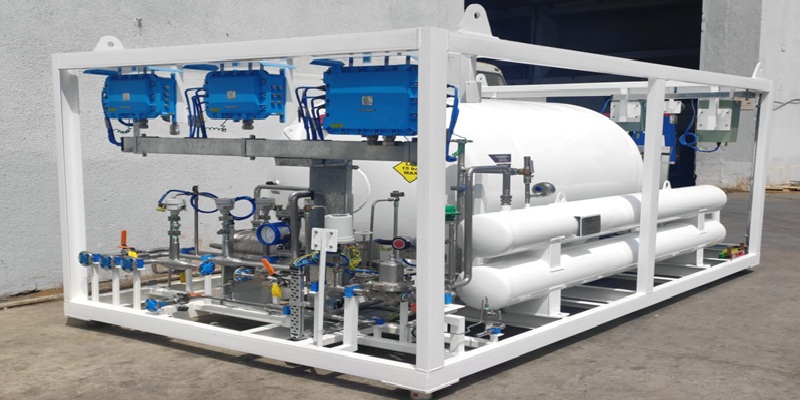Schedule a Call Back
RFID scanners can track empty cargo wagons, increasing efficiency
 Articles
Articles- Oct 27,23

Related Stories

Indian Railways Launches First LNG–Diesel Dual-Fuel DEMU
Indian Railways operationalises India’s first LNG–diesel dual-fuel DEMU at Sabarmati, with INOX India supplying advanced cryogenic LNG systems enabling up to 40 per cent diesel substit..
Read more
MIC Electronics Secures Rs 44.5 million Eastern Railway Orders
MIC Electronics Limited has received Rs 44.5 million LoAs from Eastern Railway, Howrah Division, for advanced Passenger Information and Communication Systems projects.
Read more
Concord Control Systems Wins Rs 1.85 bn KAVACH 4.0 Rail Safety Order
Concord Control Systems has secured a Rs 1.85 billion order for KAVACH 4.0, India’s indigenous ATP system, to be executed over 12 months, reinforcing its role in railway safety modernisation.
Read moreRelated Products

Ball Rail Systems
Jinisha Electrolites offers a wide assortment of ball rail systems














